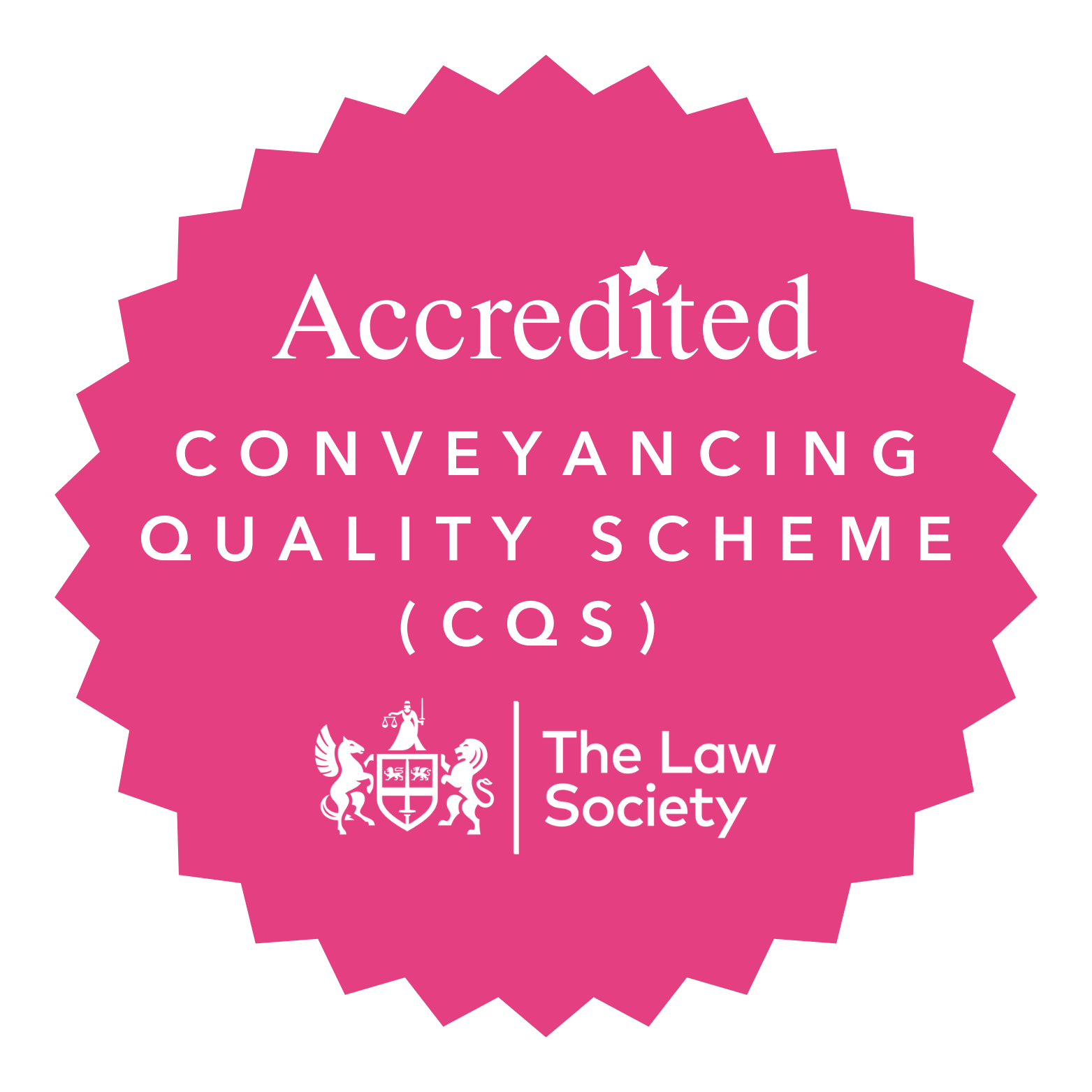No-fault divorce has made it much easier for you to apply for your own divorce and with the current squeeze on living costs it's very tempting to save money on legal fees by sorting it out yourself.
We understand the desire to save cost but would still urge you to come to speak to us at an early stage in the process. We offer a free initial 30-minute meeting at which you can seek advice to make sure you're on the right track before you start divorce proceedings. The ideal sequence of events after that is to get the divorce proceedings started, then agree the financial order and have it approved by the court. Once all that is done you can apply for your final order. So, even if you want to complete the divorce yourself, it makes sense to take advantage of our free half hour to get some initial advice and make sure you get it right.
We are concerned that many people who are conducting their own divorces without reference to a solicitor can unwittingly put themselves in a worse financial position.
So what can go wrong if you're doing the divorce yourself?
Finalising the divorce before you have sorted the financial agreement can be very risky and costly. We're seeing a number of couples who are applying for the final order too soon oblivious to the potential pitfalls.
We advise that you delay in applying for the final order for the reasons below.
If your spouse has a pension which you are (or may be) making a claim against, it is not usually advisable to apply for the final order until any application for financial remedy has been resolved. This is because either or both of you may have benefits such as pension benefits that may be lost if they are no longer married to one another. If one of you dies after the final order but before the financial remedy claims have been resolved, the other party loses the special status of "widow" or "widower" and often this means losing financial benefits they may otherwise have gained due to their relationship to the deceased. They may not be adequately compensated for their loss from the remaining assets.
If you found yourself in this situation, a potential way to try to remedy the situation might be to bring an Inheritance Act Claim which would involve separate legal proceedings, extra cost and would be more limited in its scope.
If you and your spouse have not reached a financial settlement by the time you can apply for the final order, it may be advisable for you to wait before applying to the court for the final order because you may be financially better placed remaining married until a financial settlement is reached. For example, if your spouse were to die before the financial arrangements had been finalised but had not made a Will, you may inherit under intestacy rules. There may also be life policies from which you would benefit as a spouse but would lose should you no longer be married.
Without the clean break order, even after the divorce is finalised, either you or your spouse is still entitled to apply for a financial order against the other (i.e.: maintenance, capital, lump sums of money, property, and pensions). Not only that, if one of you were to die, the survivor could make a claim against the deceased’s estate. The only way to prevent this is to enter into a clean break order. Such an order must be sent to the court for a Judge to approve. It then becomes legally binding once the final order of divorce has been granted. You can obtain a clean break order if you and your spouse agree, if not, you will have to make an application to the court.
You may be thinking that these scenarios are unlikely, but at the time you got married you probably thought that divorce was unlikely too. Life has a habit of throwing obstacles in the way so it's best to protect your interests as far as possible.
It is also important to preserve and protect your right to occupy the matrimonial home under section 30 of the Family Law Act 1996 (FLA 1996). Under this section, both spouses have a right to enter and occupy the matrimonial home until final order, unless the court orders otherwise under an occupation order.
If you have not already done so, you should obtain specialist advice on drawing up a new Will or certainly amending any existing Will.
Finally please be aware that if you remarry after your final order of divorce, but before any clean break order is granted, you are prohibited from making some types of financial claims. This would not stop your spouse from making claims against you, however. If you are thinking of remarrying, we would urge you to seek legal advice to protect your position.
If you are interested in a free 30 minutes first consultation call us on 01827 317070 or email sdavies@pickerings-solicitors.com
See also:
Divorce Frequently Asked Questions
Free 30 Minute Divorce Consultation
The contents of this article are intended for general information purposes only and shall not be deemed to be or constitute legal advice. We cannot accept responsibility for any loss as a result of acts or omissions taken in respect of this article.




